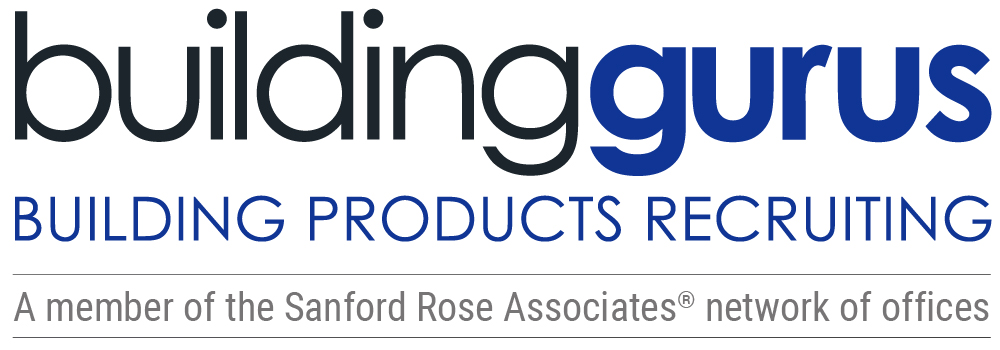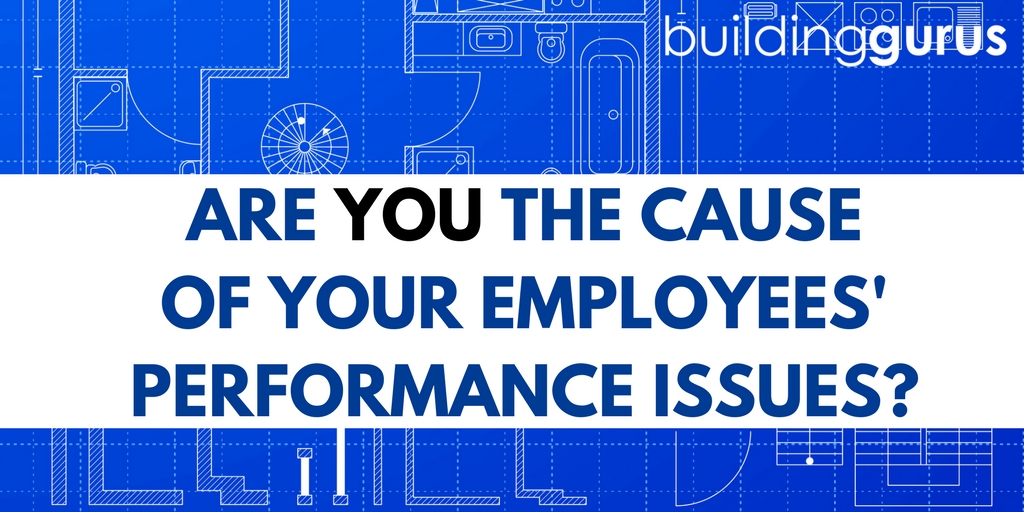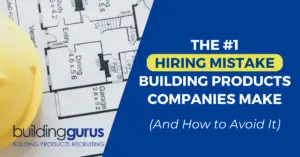I have been an entrepreneur in the residential building products industry for a long time. And in those 14+ years, I have had my fair share of employees. I really don't like the ins and outs of management, so I go between being a lone wolf and having a team. In the past, when I had employees, I have felt pretty consistently disappointed and let down.
It took me a long time to realize, I was probably at the heart of the issue.
The Real Cause Of Your Employee's Performance Issues
Is there anything more frustrating to a leader than an under-performing employee? Not too many things are more discouraging than workers dragging their feet or not meeting goals. Leaders don't often see themselves as having a role in poor performance, but like everything in life, this is a two-way street.
Today, let's spend a little time answering the question “Is it you or is it me?” Being brutally honest is going to figure out whether you as a manager share some blame for your employee's poor performance.
Start At The Beginning
When I had a team of 20 recruiters reporting to me, I was pretty disappointed most of the time. I hired these people I thought were amazing and I was so excited about the potential. I was sure we were all going to love our jobs and make a lot of money and go to happy hour!
Sure, a few people were successful and for awhile some of us were happy and making money. But…I was having to constantly hire and fire – or at least encourage someone to leave. And keep in mind, hiring is what I do for a living!
I wasn't hiring well. I wasn't being honest about what working for me was really like, what recruiting was really like and I wasn't taking a good hard look at our processes. If you are having issues with employees or retention – look at your hiring process and how crystal clear you are about who you hire. Make sure you hire someone who can actually do the job and more importantly, wants to do the job. Hire based on experience and proven skills – not just on potential.
Expectations
So, if you clean up your hiring process and you are hiring all the right people and then it goes south, what is going on?
Stop and take a long hard look in the mirror. Are you setting clear and attainable expectations? Does everyone on your team know exactly what is expected of them? Do they know exactly the results you need to see and the precise steps to take to get to those results?
A major reason why people fail to perform to expected levels is the desired results were never clearly communicated to them.
Do they know what tools and materials they need to use? Are employees sure what is required on a daily, weekly and monthly basis? Do they know the metrics you use to measure success?
In short, have you done everything you needed to in order to educate them, provide them with a framework for their job and to support them getting to success? If you can't answer yes, you need to start.
How To Fix It
If your employees don't know what is expected or how they succeed, they are going off their best guess. That probably isn't right and it probably feels pretty gross to them. They are drifting more or less, waiting for success to bump into their ship.
So, clean it up by clearly defining what success and failure look like. Figure out what you need them to do every day and what numbers or metrics you expect to see. Once you have it defined, get it into a document, sit down with each employee and make sure they understand it.
Now, you have leveled the playing field. If someone isn't performing from this point forward, you know it wasn't because of your communication or management.
Do They Need More?
When you have communicated your expectations, some people are going to balk. That is fine, remind them you want to make sure everyone is on the same page and there is no gray area. Next, you have to be doing regular Check-Ins so you know if they have everything they need to succeed.
A great first step is to ask. “Do you have everything you need to hit these expectations? Do you have any tools, training or support that I can provide? What is going to hinder your success?”
Make sure they understand you are there to help them, not sabotage.
Are You Being Realistic?
Having unrealistic expectations for either activity or results does nothing more than set the stage for serious problems. Even if you have communicated your desires and gave them all the tools to succeed, people are still just people. You can't expect someone to make 200 sales calls a day or grow sales 25% day over day. Make sure what you want is humanly possible and reasonable.
If you aren't sure, ask. Call some of your networking connections and run it by them. Ask an expert in your channel or niche. Talk to your employees – make sure you take the time to truly see it from their perspective.
Lastly, if you have done all of the above and someone is still not performing, I think you have a pretty clear indication they either can't or won't hit their goals. If they don't want to, it isn't much of a loss. Let them go take up space at someone else's company. If they can't, you might need to either consider moving them to another team, reducing your expectations or letting them go.
Keep the number one rule in mind: always set and communicate expectations if you want employees to be top performers.











